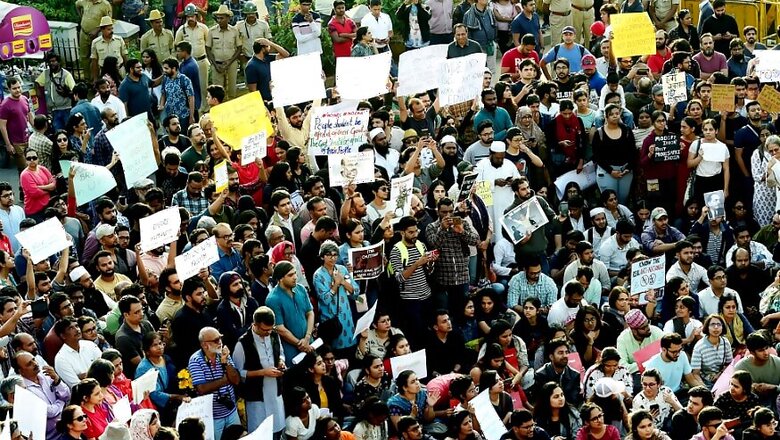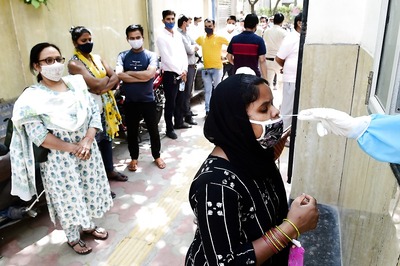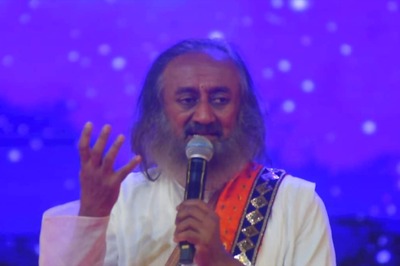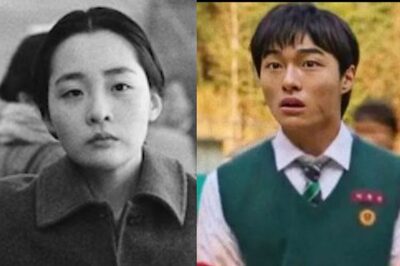Anti-CAA Protests: Section 144 Imposed in Bengaluru on Dec 18 Was Illegal, Says Karnataka High Court

views
Bengaluru: The Karnataka High Court on Thursday held that the prohibitory order passed under Section 144 of the Code of Criminal Procedure (CrPC) on December 18 last year was “not at all legal” and would not stand the test of judicial scrutiny laid down by the Supreme Court.
The court also pulled up Bengaluru Police Commissioner Bhaskar Rao for imposing the prohibitory order.
Section 144 was imposed across Bengaluru city from December 19 to December 21 in the wake of several protests against the Citizenship Amendment Act (CAA) as well as a call for ‘bandh’ by a few political organisations. Several prominent activists, including historian Ramachandra Guha, were arrested for protesting at Bengaluru's Town Hall.
A Public Interest Litigation (PIL) filed by several individuals, including Congress leaders Rajeev Gowda and Soumya Reddy, sought the quashing of the orders passed by Rao.
Chief Justice Abhay Sreenivas Oka on Thursday observed that the imposition of Section 144 took away the fundamental right of citizens under Article 19 (b) and (d) of the Constitution. The court took note of the fact that permissions first granted by the Deputy Commissioner of Police (DCPs) had to be revoked after the curfew orders.
Arguing for the police, Advocate General Prabhuling Navadgi said the police commissioner, who acts as the district magistrate, should be provided certain freedom to take such decisions in extreme situations. Letters given by zonal DCPs mentioned the anti-CAA protests planned at a number of places and also the possibility of ‘bandh’ where people could take law in their own hands and cause inconvenience to citizens.
However, Oka held that Rao had merely acted on the request of his subordinate DCPs and that there was absence of reason in the impugned order.
“Except for stating fact in the letters written by DCPs, no other material facts were given. Requirement of reason cannot be stretched beyond a limit. If the order stated that inquiry conducted set ground to impose Section 144, the matter would be entirely different,” said the judge.
However, the court added that the observations made in this impugned order were confined to only this particular case and should not be construed to other matters that may be applicable to other cases dealing with Section 144 in the future.
Also, since the impugned order had already passed itself, Oka did not set aside the order stating it had “worked itself out” and so would partially stand.



















Comments
0 comment